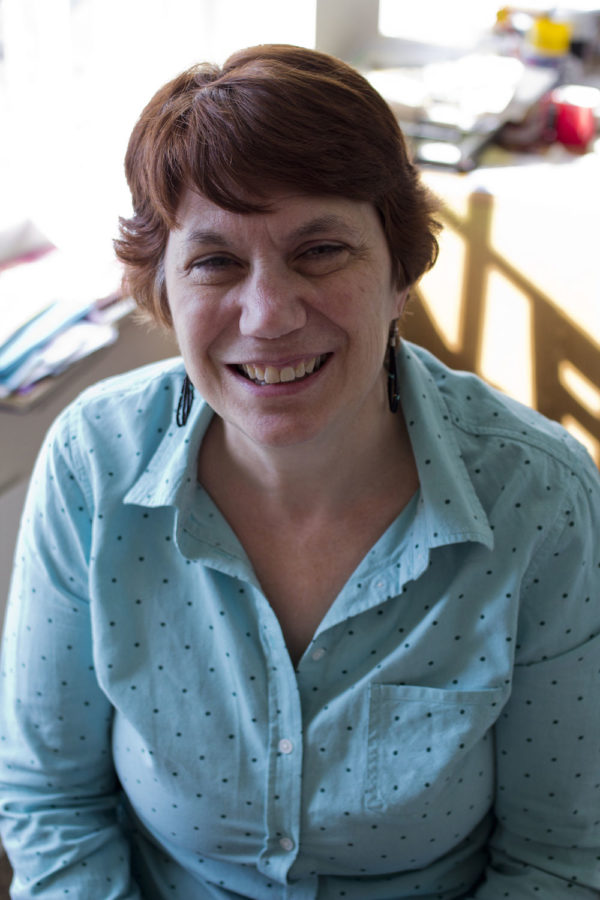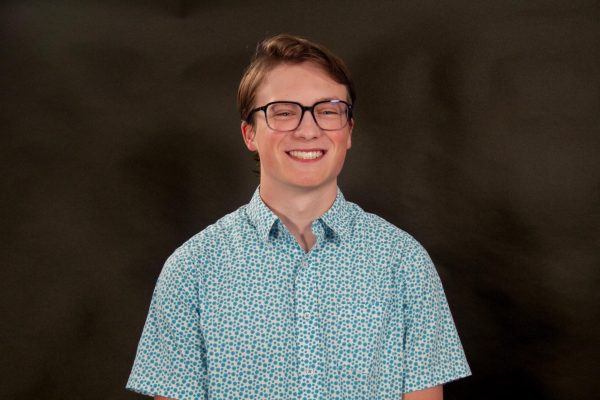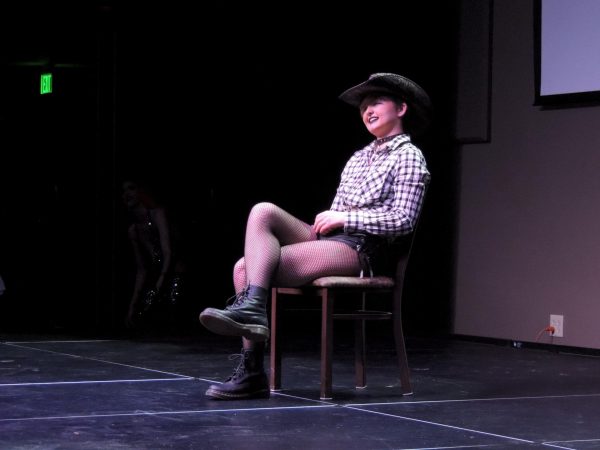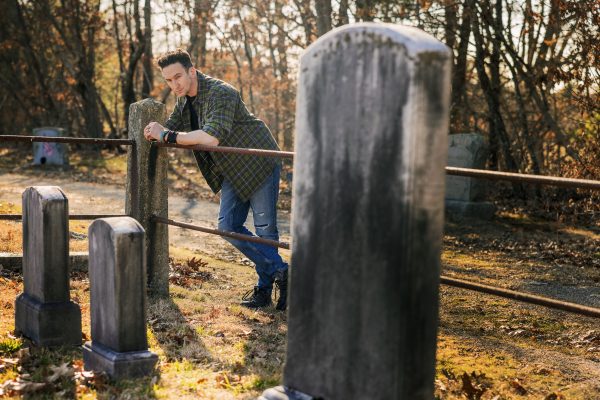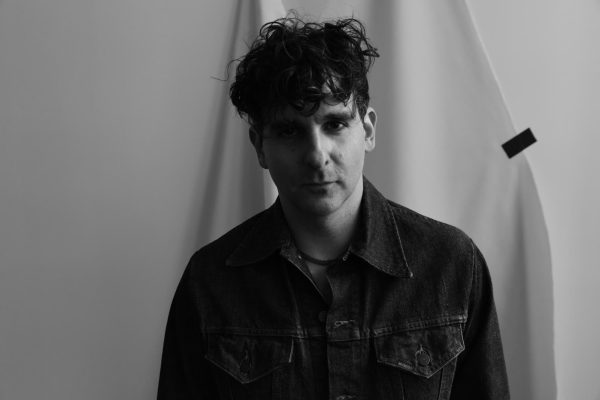Sociology and Criminal Justice Majors: Much more than it appears
March 4, 2015
When people think of Simpson College, they may not immediately think sociology and criminal justice. But, boasting around 150 majors, this department makes up 10 percent of Simpson students.
In the world of criminal justice, Simpson stands out. Each year, students take the Educational Testing Service’s Major Field Test for Criminal Justice. This test determines students’ knowledge of many aspects of the criminal justice system. Simpson students, according to professor of sociology and criminal justice Fred Jones, have always scored above the 90th percentile. These rankings, he said, are very unusual for an undergrad program and help Simpson stand out.
Although the criminal justice major claims nearly 100 of the majors in the department, the faculty does not place one over the other.
“We really do infuse the liberal arts within our criminal justice program,” Carolyn Dallinger, department chair of sociology and criminal justice, said. “Students often see the benefit of looking at the study of sociology and the applied aspects of it.”
The students in this department aim to work with and help people. They generally know that before they apply to colleges. Simpson is often a top choice when looking for these fields.
“Most of the kids who come here come because of the reputation of the program,” Jones said.
The faculty communicates with students on a regular basis. Jones said so far this year, he’s spoken with over 20 students and said it’s likely that every professor in the department has spoken with that number.
Dallinger agreed. ”We regularly have people come and visit,” she said. “All of us love talking about our program.”
So when the Sociology and Criminal Justice’s Visit Day came around on Feb. 27, the faculty wasn’t phased.
“We don’t really think about it like it’s a big day,” Dallinger said. “We’re just excited to have people come.”
The day consisted of a general informational session in the morning, an option between attending a presentation by Fred Jones or sitting in on an inequality and justice class, a panel with students and alumni and the opportunity for individual appointments with the faculty.
The visit day was a success, according to both Jones and Dallinger.
“We had a great day with a good bunch of prospective students and their families,” Dallinger said. “We received a lot of positive feedback from the attendees.”
“All the people I talked with were very impressed with the facilities here at Simpson,” Jones concurred. “Particularly successful was the panel discussion with current students and alumni, including a human service worker, FBI agent and US Marshall.”
Simpson alumni are a point of pride for the criminal justice and sociology department. The faculty stays in contact with alumni for years, keeping up-to-date with their careers. Jones said he’s stayed in touch with graduates from the 70s, and greatly enjoys watching their careers unfold.
Simpson College sociology and criminal justice alumni can go on to a wide variety of careers after their undergrad. From the Secret Service to U.S. parole officers, Simpson alumni have traveled and worked far and wide.
“You name a federal agency, and we’ve had people in it,” Jones said.



